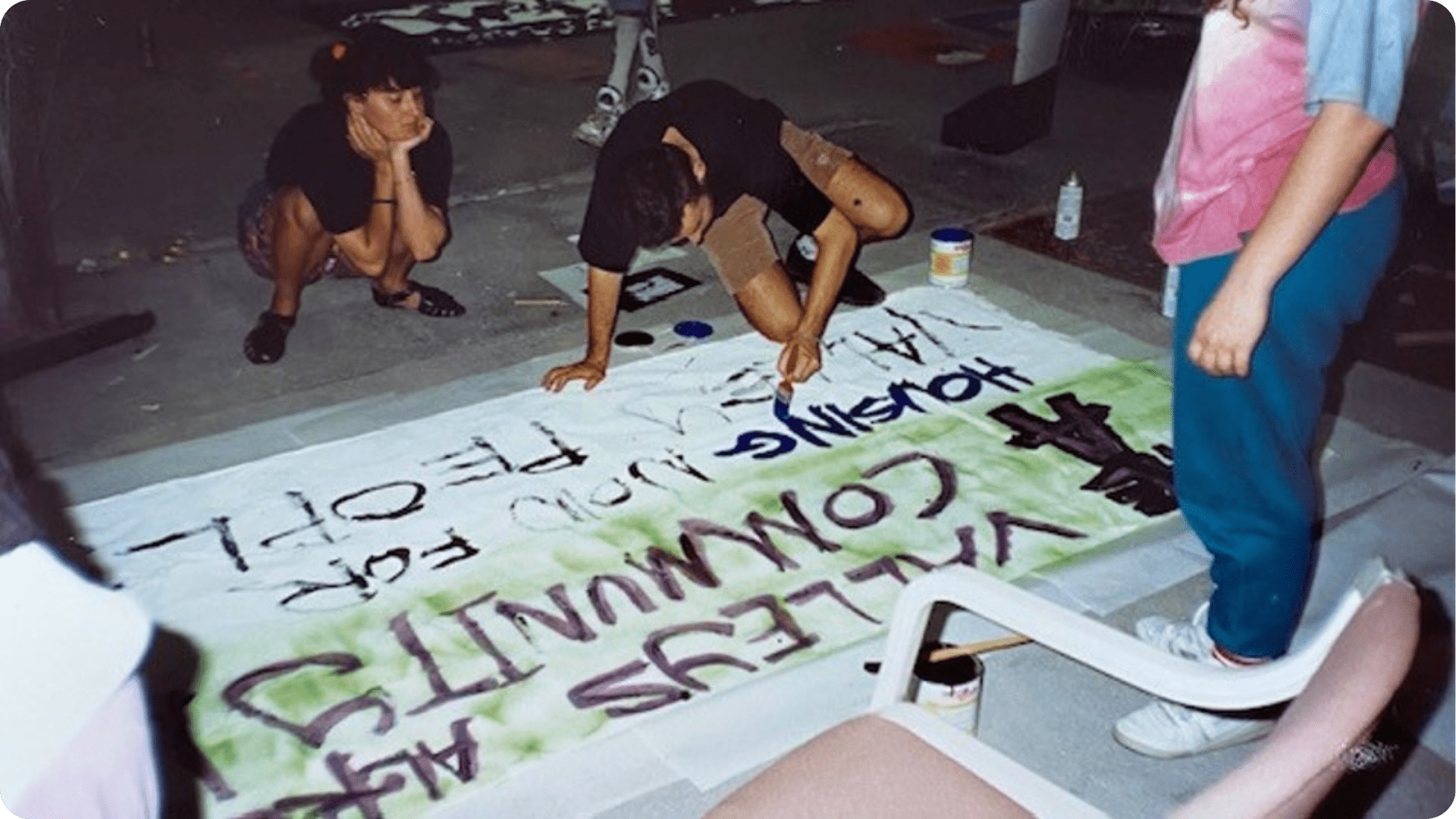In September Brisbane Youth Service launched its Reconciliation Action Plan (RAP), to guide how we work with Aboriginal and/or Torres Strait Islander Young Peoples, who made up 31 per cent of the young people who accessed our support in 2018-19.
Bonnie Lawton is a BYS Housing Support Worker and a member of the RAP Committee. She is a Proud Kunya woman from the Cunnamulla area and provided the unique and vibrant Aboriginal artwork featured on the front cover of the RAP.
Here Bonnie takes a few moments to share how she feels about the RAP and what reconciliation means to her and the young people that access support at BYS.
What are some of the challenges and issues facing young Aboriginal and/or Torres Strait Islander peoples?
Young Aboriginal and/or Torres Strait Islander peoples can be disconnected from family, land and culture, and this can be a massive issue.

What does Reconciliation mean to you?
Reconciliation means connection to me. Reconciliation starts with connection. Without one the other does not exist.
Why is the RAP important?
The RAP is so important because it keeps an organisation accountable to their commitments to be inclusive in a broad range of ways which ultimately provide better opportunities and services to young Aboriginal and Torres Strait Islander peoples.
What was your experience of being on the RAP committee – playing an important part in developing the RAP?
My experience as a part of the RAP Committee has been an insightful and positive experience. I have felt like my input is valued and heard as an Indigenous woman.
